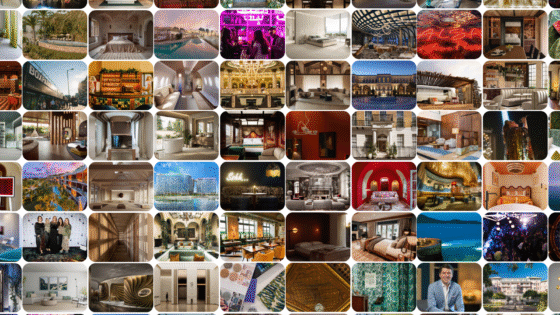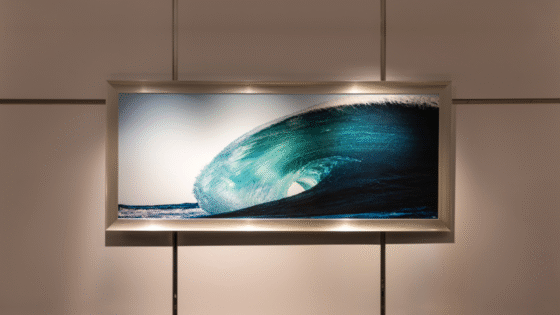Following the expert opinions being amplified in Hotel Designs’ first ever virtual roundtable, exploring the long-term impact of COVID–19 to the hospitality and design industry, Room To Breathe shares its response from a hygiene perspective…
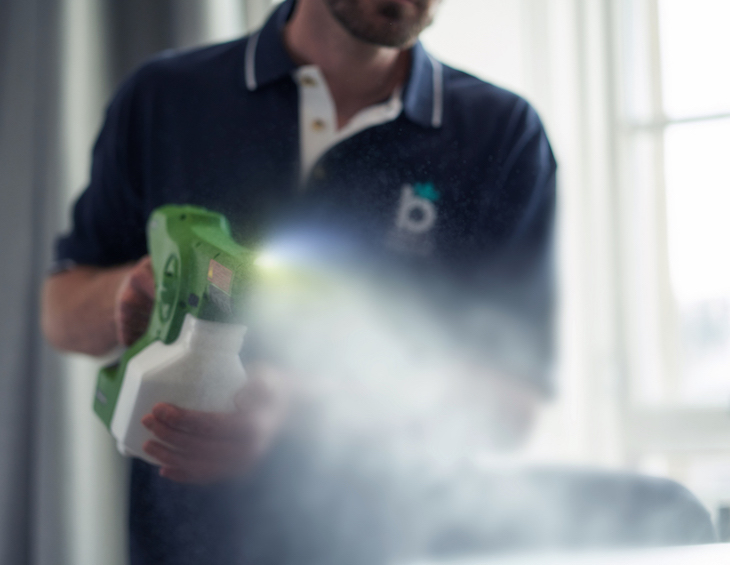
The virtual roundtable discussion on the future of the hospitality industry after the COVID–19 pandemic raised several serious questions and issues and made us think about what is on the horizon.
Few markets have felt the full force of this global pandemic more than the hospitality sector; it has decimated trade, scattered the labour force and threatened the very existence of the supply chain. It has also had a huge effect on working practices and will have for many years to come.
“Personal and social hygiene awareness has increased exponentially, with a growing scepticism of what and what is not clean.”
Michael Bonsor, the Managing Director of Rosewood London, explained it perfectly: “This pandemic will reset how we think about travel and will require us to confront problems such as mass tourism and over tourism in many destinations around the world.” Never before have travellers, holiday makers and businesspeople been faced with such unpredictable circumstances making it difficult for them to seek satisfaction and reassurance that their wellbeing is being addressed. Personal and social hygiene awareness has increased exponentially, with a growing scepticism of what and what is not clean.
Whether we are at our workplace, attending leisure facilities or travelling for business or pleasure, we all now have a heightened awareness of how we interact and will now expect and demand a higher level of service from Providers that takes cognisance of the perceived risks as a result of this. Capturing this feeling of assured safety every time must be the focal point for customer satisfaction.
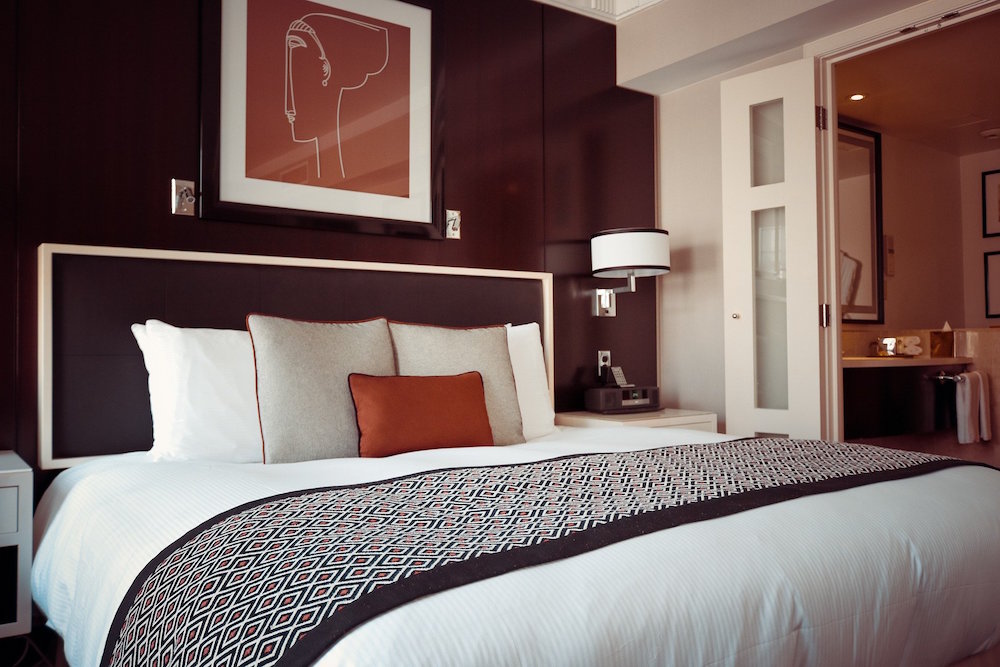
Image credit: Pixabay
When it comes to the future of public spaces and their design, we must understand the effects of Social Distancing and how much it has affected the perceptions of consumers. Fiona Thomson said: “Sustainability is such an important topic and it should be engrained into mindsets enough now that there is no reason for it to be shelved, especially when it comes to designing projects.”
The hospitality sector must do something to insulate itself from the aftershock of COVID–19 and prepare for the inevitable increase in customer fears and ultimately demands for their wellbeing. Is carrying out the same cleaning protocols more frequently by an already stretched Housekeeping department going to provide the reassurance required? In a word, no. By taking steps to show commitment to your customers health is now, for hoteliers, more than ever, of paramount importance.
Imagine the cost of a deep clean between every guest. This is neither practical nor affordable. A new approach to a new problem must be the way forward. It needs to address the worries and concerns of your customers but must, just as importantly, be cost effective.
Discussing sustainably and it’s future, Bonsor highlighted: “Respecting the world around us has never been so important.” An important element is the very need of removing harsh chemicals and disinfectants from the housekeeping protocol and procure alternative solutions that are safer, more sustainable and environmentally friendly.
“Future-proofing your customers environment is more that just fogging.”
After all the dust settles from COVID19, will there be any winners in the hospitality sector? Not sure that the word ‘winners’ is appropriate, but those that look into the future wishes of their customers, their health and their wellness will be the ones who will see the benefits. Bonsor went on to mention that they were engaging with a company that fogs large areas of public spaces. He suggested that: “The fogging treatment protects the area for up to 30 days. This product lands on surfaces and protects them.” This is very true, to be honest, and is the only the first stage. There are other key factors that need to be considered, especially the training aspect for Housekeeping staff. Future-proofing your customers environment is more that just fogging.
At Room to Breathe UK our system provides ongoing, continual, long term management of viruses, bacteria, moulds, fungi, VOC’s and allergens. Systems that offer the ’28 day’ efficacy tend to be electrostatic spaying of a chemical solution. This will be wiped away when the surface is cleaned! Whereas our antimicrobial coating is permanently bonded and produces a mechanical kill which again avoids the use of toxins, poisons or leaching effect chemicals.
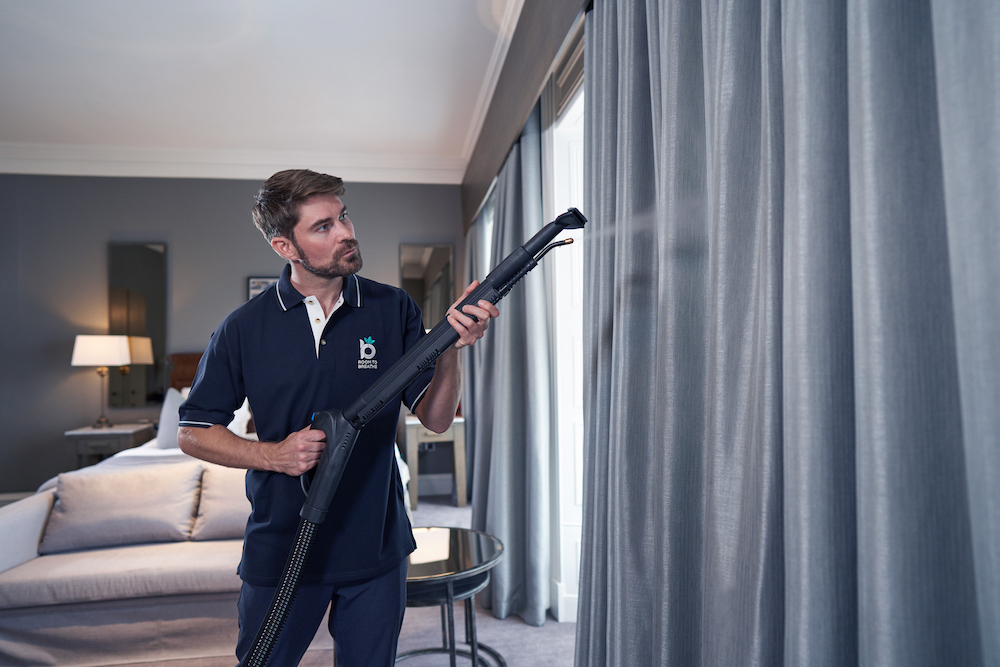
Image credit: Room To Breathe
Our comprehensive four-step process covers every aspect of deep cleaning but most importantly it looks at prevention which is key in future-proofing all environments for your customers.
The first step involves an initial industrial air purge followed by a combination of steam cleaning above 40℃, ultra-low-penetration air (UPLA) vacuuming and the application of our unique decontamination fluid which is deadly to pathogens (but is safe to all higher living organisms) is fogged into the area ensuring every surface coated. Additionally, by using innovative UV technology we can rid mattresses, pillows and soft furnishings of undesirable micro-organisms within seconds.
Step Two is where our antimicrobial coating “BioTouch”, will be is applied. The BioTouch formula bonds to a clean surface and when viruses and bacteria land on the protected surface, the cellular structure is ruptured (not poisoned) and becomes defunct. The only way BioTouch can be removed is by it being chipped off. Where there is a risk of this, on door handles, light switches for example, we can easily reapply to maintain the coatings efficiency.
When it comes to bedding and soft furnishings the third step of our process involves using our own unique formula, Protext solution provides a layer of invisible protection which permanently interrupts the life cycle of dust mites and bed bugs. Our method avoids the use of toxins so whilst lethal to bugs and mites does not pose a risk to the client. This is also applied to all fabrics and soft furnishings.
For full prevention and reassurance, we install filterless air signifiers providing the final level of protection, this final stage secures continuous air sanification. Using technology originally developed by NASA, our sanifiers seek out contaminants and pathogens within the air and on surfaces and neutralise them.
By applying this four-step process, we not only eradicate 99.99 per cent of viruses and bacteria, we also provide a continuous level of protection in between our deep clean processes.
On completion certification is provided and displayed either outside or within the room to provide that peace of mind to Customers and employees alike. A Room Information Pack is provided for guests to simply explain the RTB system, providing that peace of mind.
In order to maintain the certification, Steps One and Two are carried out every four months in accordance with our terms & conditions. On-site training is also provided to Housekeeping staff in order to ensure the efficacy of the RTB system is maintained. This is no more onerous to staff and in fact will simplify their cleaning protocols.
Room To Breathe is one of Hotel Designs’ recommended suppliers. To keep up to date with their news, click here. And, if you are interested in becoming one of our recommended suppliers, please email Katy Phillips by clicking here.
Main image credit: Room To Breathe


